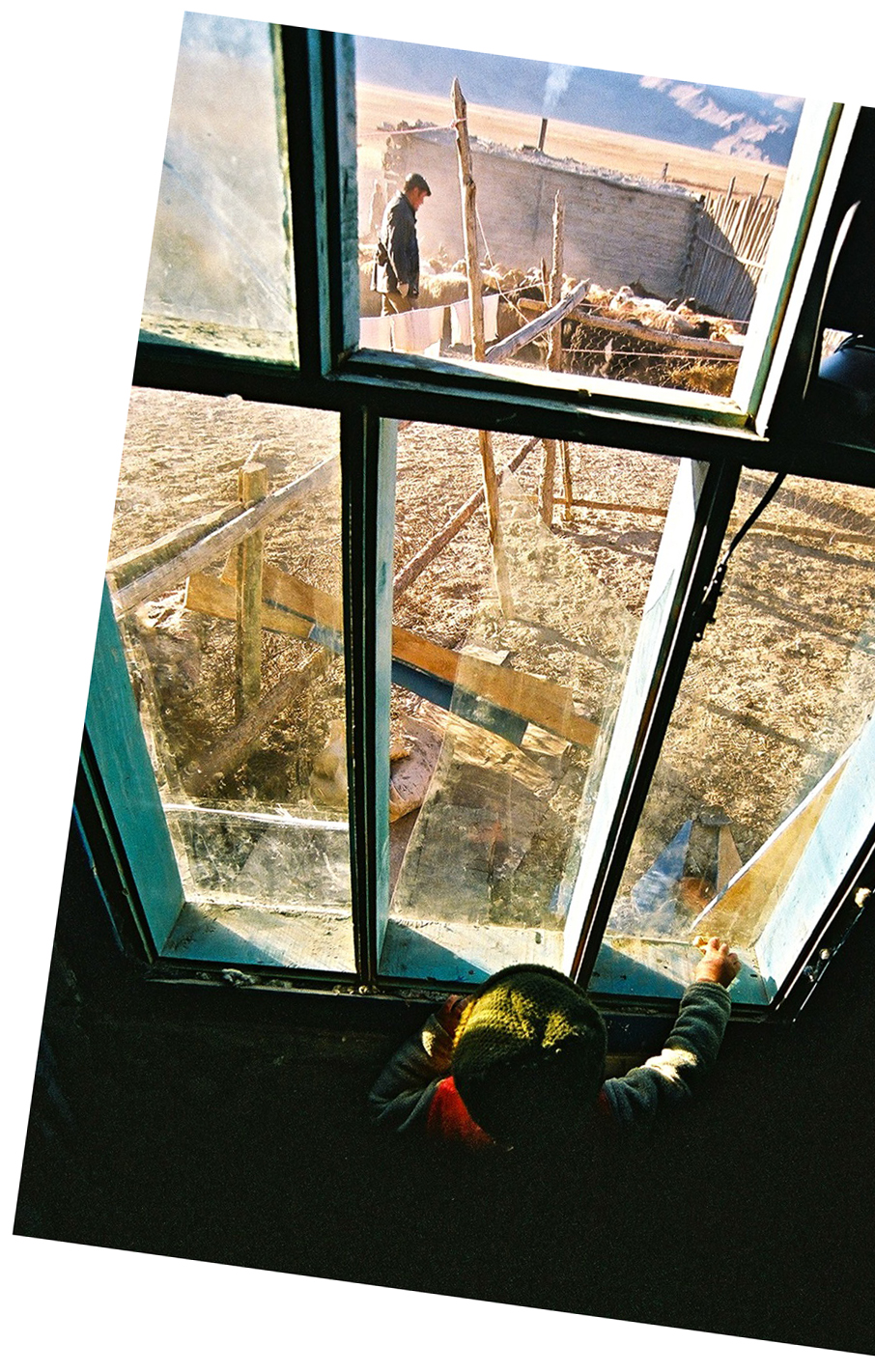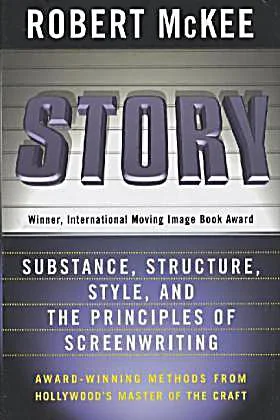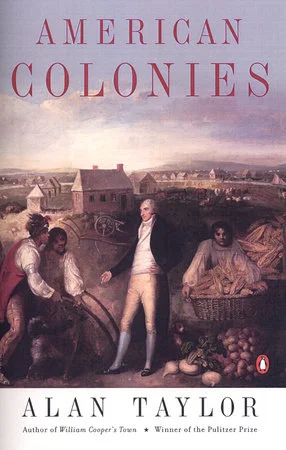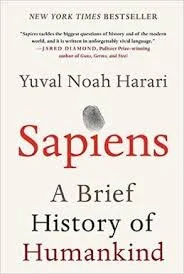Reading
A Space, Culture & Land Acknowledgement:
As an employee of Virginia Tech, I acknowledge that we work within what was once the Tutelo/Monacan people’s home. These folks had an ancient and comparatively sustainable relationship with this area and the interdependent lives within it. I also acknowledge that legislation such as the Morrill Act of 1862--and subsequent actions made by groups of Euro-Americans at the time--enabled ‘Virginia’ to finance and found Virginia Tech through the forced removal of Native Nations from their lands, both locally and in what we now call the American West.*
The notion and practice of Euro-American conquest remains embedded within our technology, institutions, and shared assumptions. And even with the best intentions, the study and creation of media significantly contributes to the destabilization of this planet’s climate, which disproportionately affects colonially-marginalized folks worldwide.
Those of us with some power hold responsibilities to learn, understand, and communicate as best we can, to make good in our time, and to take up roles in reconciliation, decolonization (creating equity) and ally-ship. 𐑍
I also acknowledge that the labor of enslaved Black people also generated revenue that enabled the creation of Virginia Tech.
* - 3,355 Indigenous parcels of parcels of ‘land’, totaling 299,115 acres, were seized and then ‘granted’ to Virginia Polytechnic Institute in 1872.
𐑍 - adapted from an acknowledgement by Adrienne Wong
A few quotes:
“I do not know what will be left of me fifty years from now. I suspect that all films will have aged terribly and that the cinema probably won’t even exist anymore. My guess is that the final disappearance of cinemas will take place around the year 2020, so in fifty years time there will be nothing but television. Well, I would be happy to get one line the “Great Universal Encyclopedia of the Cinema,“ and I think that’s the sort of ambition every filmmaker must have. This is a business in which you have to be not arriviste, certainly not that, nor yet ambitious, which I’m not, but you have to have ambition in what you do, which isn’t at all the same thing. I’m not ambitious. I don’t want to be something. I have always been what I am, I haven’t become anything; but I’ve always had, and I shall always try to retain, this feeling that ambition in one’s work is an absolutely healthy, justifiable thing. You can’t make films just for the sake of making films. If fate wills that I should make more films, I’ll try to remain faithful to this ideal of being ambitious when I start a film; not being ambitious between films, but being ambitious when I start work, telling myself, “People have to enjoy this.” That’s my ambition: to fill cinemas.”
—Jean-Pierre Melville
~ ~ ~ ~ ~ ~ ~ ~ ~ ~ ~ ~ ~ ~ ~ ~ ~ ~ ~
“What is the essence of life? To serve others and to do good.” —Aristotle
~ ~ ~ ~ ~ ~ ~ ~ ~ ~ ~ ~ ~ ~ ~ ~ ~ ~ ~
“If you do not understand White supremacy – what it is, and how it works, everything else that you understand will only confuse you.”
—Dr. Neely Fuller Jr.
~ ~ ~ ~ ~ ~ ~ ~ ~ ~ ~ ~ ~ ~ ~ ~ ~ ~ ~
"Stop expecting important, meaningful things to feel comfortable and pleasant. Consider the possibility that mild discomfort is the price of doing things you care about."
—Oliver Burkeman
~ ~ ~ ~ ~ ~ ~ ~ ~ ~ ~ ~ ~ ~ ~ ~ ~ ~ ~
“I have lived through a revolution, a great and ongoing revolution. When the world turns over, you can’t go on thinking upside down. What was innocence is now irresponsibility. Visions must be re-visioned.”
—Ursula K. Le Guin
~ ~ ~ ~ ~ ~ ~ ~ ~ ~ ~ ~ ~ ~ ~ ~ ~ ~ ~
"We've destroyed our planet not with cars or planes, but with the stories we tell about our time."
—Donna Haraway
~ ~ ~ ~ ~ ~ ~ ~ ~ ~ ~ ~ ~ ~ ~ ~ ~ ~ ~
"I was learning from these mortal-farcical events about the eternal presence in human affairs of accident and contingency, as well as the fatuity of optimism at any time or place. All planning was not just likely to recoil ironically; it was almost certain to do so. Human beings were clearly not like machines. They were mysterious congeries of twisted will and error, misapprehension and misrepresentation, and the expected could not be expected of them."
—Paul Fussell
~ ~ ~ ~ ~ ~ ~ ~ ~ ~ ~ ~ ~ ~ ~ ~ ~ ~ ~
"Sometimes when I was physically at my best I could sense moments of utter ecstasy, those rare fleeting times when you are in total harmony with yourself and the elements around you: nature, the noise of the wind, the smells.
"Let's not get carried away. But I have to confess: I was happy."
—Laurent Patrick Fignon
~ ~ ~ ~ ~ ~ ~ ~ ~ ~ ~ ~ ~ ~ ~ ~ ~ ~ ~
“The bicycle is the most civilized conveyance known to man. Other forms of transport grow daily more nightmarish. Only the bicycle remains pure in heart.”
—Iris Murdoch
A biography:
I mean it’s terribly—and I do mean awfully (but also beautifully)—complicated. Filter Wong’s ideas and Melville’s words above, through Fuller’s, and even McWhorter’s critique of DiAngelo’s work (which first inspired the paragraphs below) through a few of Ignatiev’s leaflets. Add lots of dusty miles, Kendi’s anti-racist book (which my then 16-year old son read before me), various faculty meetings, and uncomfortable articles like this, and that’s my ambition: to create—and help people create—content that people will enjoy. Content that helps us more equitably structure our society, and be more aware of our interdependencies, situations and histories.
My parents, for much of my youth, were teachers, and I grew up mostly (I’ll explain this in a second) white and nearly unconscious of my race privilege and class oppression, in many places: south-central New Mexico, northern then eastern California, the brilliant Sonoran Desert. My mother’s Oklahoma-born father believed we were part (American) Indian. He had memories and a few old photos to back up this belief—but my mother’s recent DNA test connected us with the people of sub-Saharan Africa instead.
Growing up, my mother sometimes told me, that because I’d been born a WASP male, that I “had nothing to complain about.” Only recently did I ask her where that perspective came from. “From being an officer’s wife in the Army,” she said. “From socializing, as the wife of a lieutenant, with the Black wives of Black officers.”
She also told me she’d later quit a job at a fitness center, after the (white) manager told her to throw away any Black person’s application. Later, in a department store, in response to a sign stating that only the (white) manager could operate the cash register, she’d told him: “I will only give my money to the (Black) clerk who helped me—not you.” And so my mother paid the clerk for my little sister’s new clothes. ”It just wasn’t right,” she said.
In Arizona, on an otherwise all Indian high-school running team, I was uneasy, in obviously occupied territory, seized by the U. S. military, mined and ever-more ‘developed’—a sunny, blatantly inequitable outpost of a tacit empire, with warplanes ‘training’ overhead and bombing ranges and intercontinental nuclear missile silos in most directions—beyond innumerable barbed-wire fences. Crop-dusters rained poisons down on patches of what had once been (and would be again) desert, plowed with machines unsustainably fueled, flooded with ancient water pumped from ever deeper wells. Elsewhere, in places utilized by people for more than twelve millennia, ‘wildernesses’ had been declared, to be spared this overt abuse… to exonerate us: we, the ‘settlers.’
Only recently, after living a decade of my life overseas, in Australia, Central America, Europe, East Asia, and North Africa, have I begun to understand how I/we was/am were/are socialized to collude with colonialism/racism; have I begun to explore my multiple locations; how they function together to hold short-sighted, destructive convictions in place, and more often—hopefully—to help dissolve them. I create media and teach media-making for a reason: I want to spend my energy and time here helping make this world better.
Ideas (then). Click here to download a PDF of: The written half of my MFA thesis
~ ~ ~ ~ ~
And… some books I really appreciate / recommend:
AN INDIGENOUS PEOPLE’S HISTORY OF THE UNITED STATES
LIES MY TEACHER TOLD ME - the graphic novel
DOCUMENTARY STORYTELLING: CREATIVE NONFICTION ON SCREEN
THE NATURAL ALIEN: HUMANKIND AND THE ENVIRONMENT
LITERARY THEORY: A GUIDE FOR THE PERPLEXED
DRAWING WORDS & WRITING PICTURES
DESERT SOLITAIRE (Abbey would probably agree that he’s problematic. But few have written of the American Southwest in the 1960s (when and where I was born), as beautifully he did, in this book.) (Also, he was a teacher of mine, at the University of Arizona, Spring semester 1988.)
and anything and everything by Ursula K. LeGuin (such as 5 WAYS TO FORGIVENESS, or her carrier bag theory)
or N.K. Jemisin (especially The Broken Earth trilogy)
SOME DESPERATE GLORY… and, well, since we’re here, we might as well go ALL the way: GRIDDLE!
There’s also these 24 books!
As well as:
https://www.conspireforchange.org/resources/saviorism/
Liz Carlisle’s THE LENTIL UNDERGROUND
Counterpunch (Towards Decolonization and Settler Responsibility)
Michael Wesch on the Future of Storytelling
https://nathanielianmiller.com/the-book
An interview with the poet Corrie Williamson…
The Mundane Afrofuturist Manifesto
Walter's World: Film Criticism (sniff… no more!)
MaryAnn Johanson's Flickfilosopher
Slow Media… several links here:
http://en.slow-media.net/manifesto
The International Alliance of Youth Writing Centers
Why’s This So Good? No. 61 John McPhee and the archdruid
Darrell Kipp on Nitsitaapii Art
Warre hive beekeeping info & supplies
World Without Ice & The Terrifying Warning Lurking in the Earth’s Ancient Rock Record




















